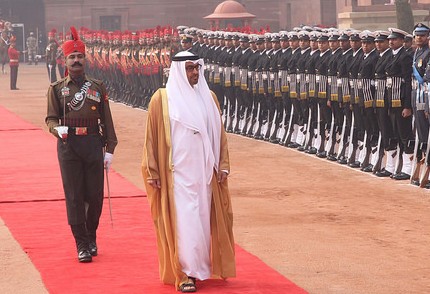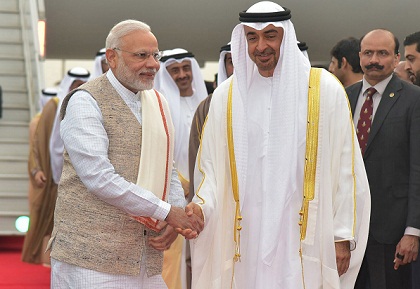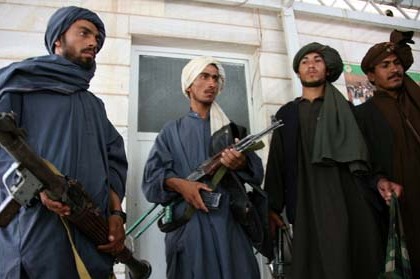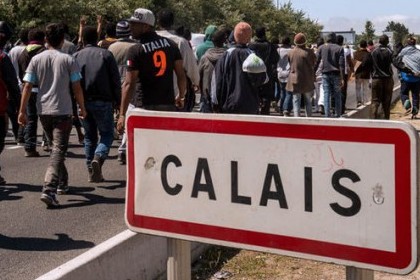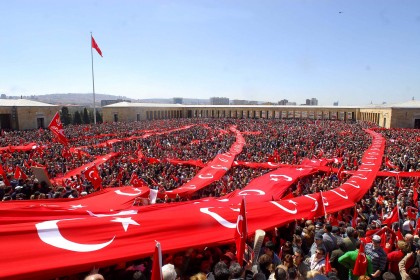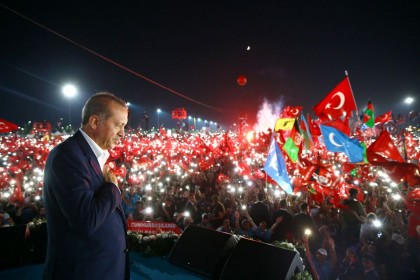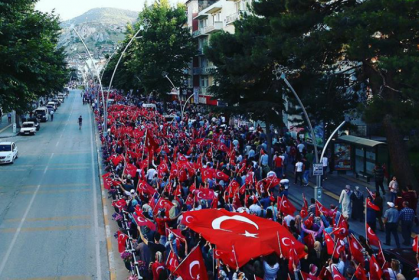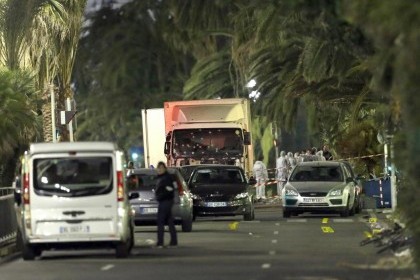How is Turkey to be governed?
Referendums are a way of mobilising society and bringing in exceptional change. Turkey’s third constitutional referendum in the last 10 years, being held on Sunday, April 16, is the greatest of them in many respects as it puts the country on uncharted waters, having it move from one unbalanced system to another



